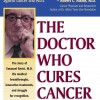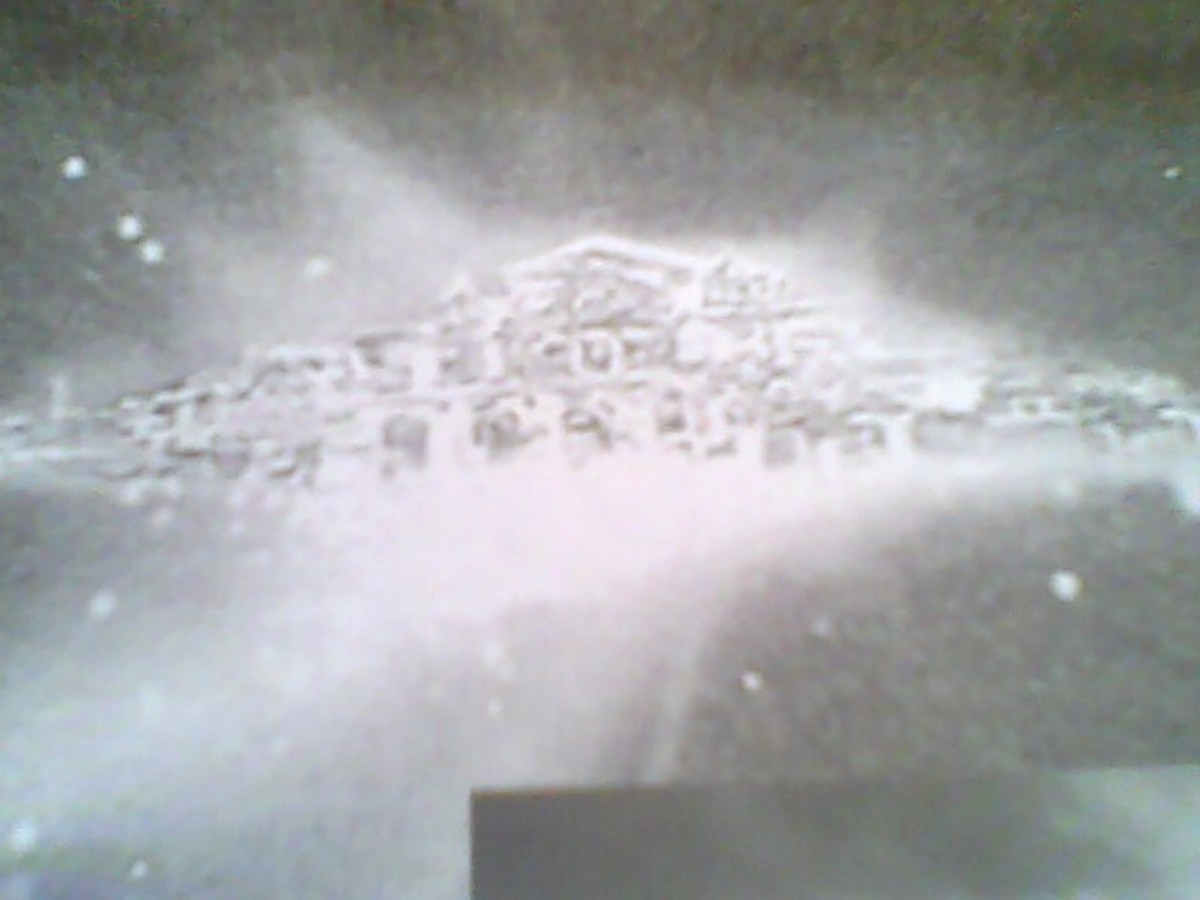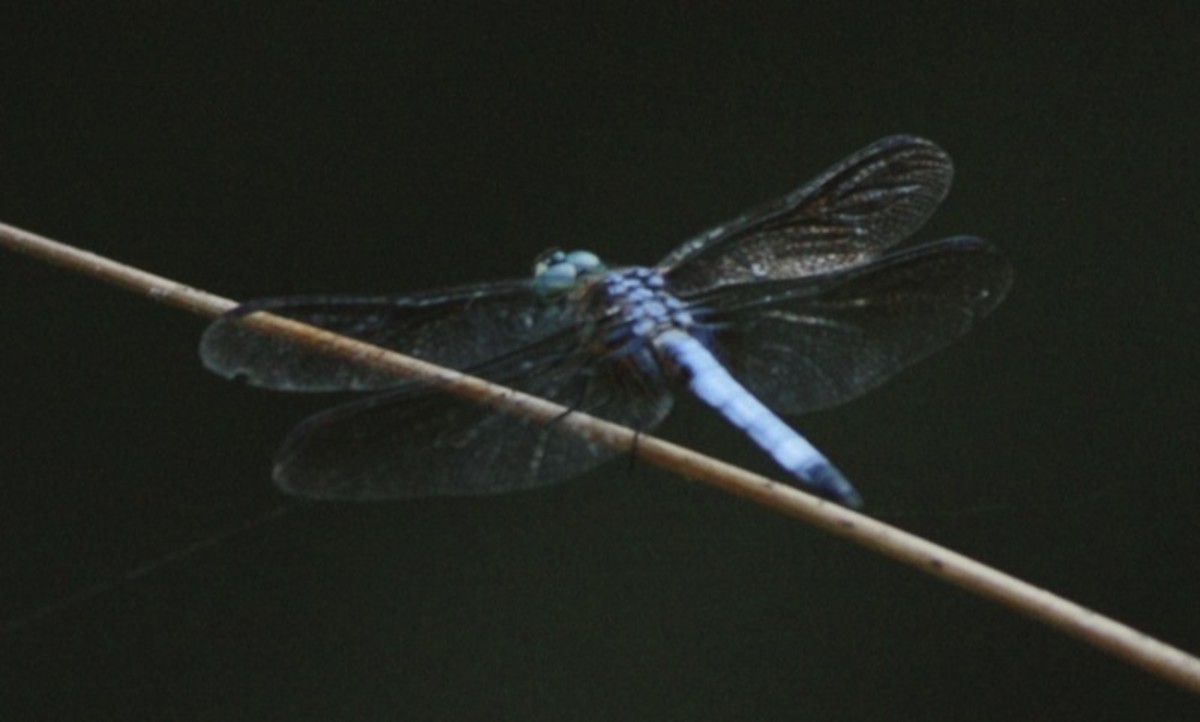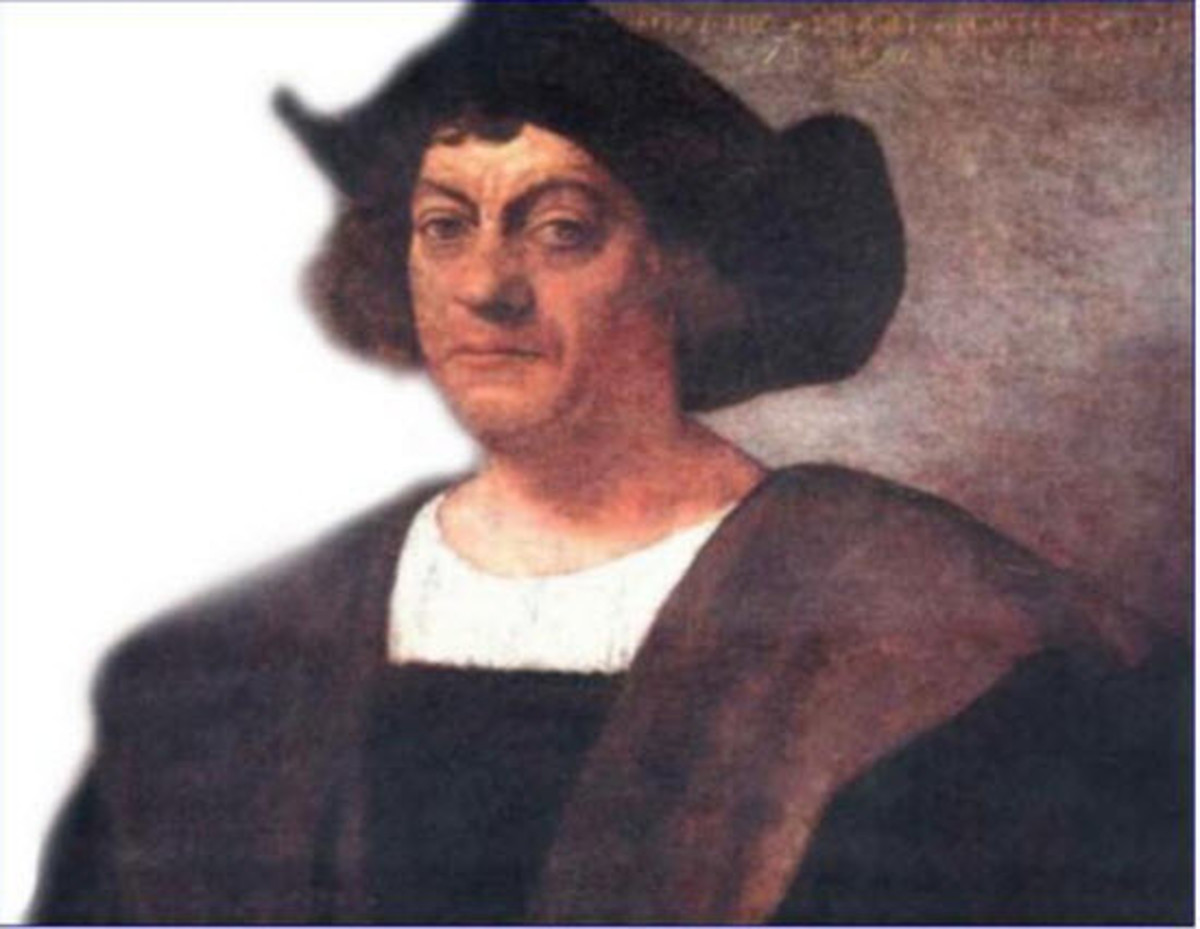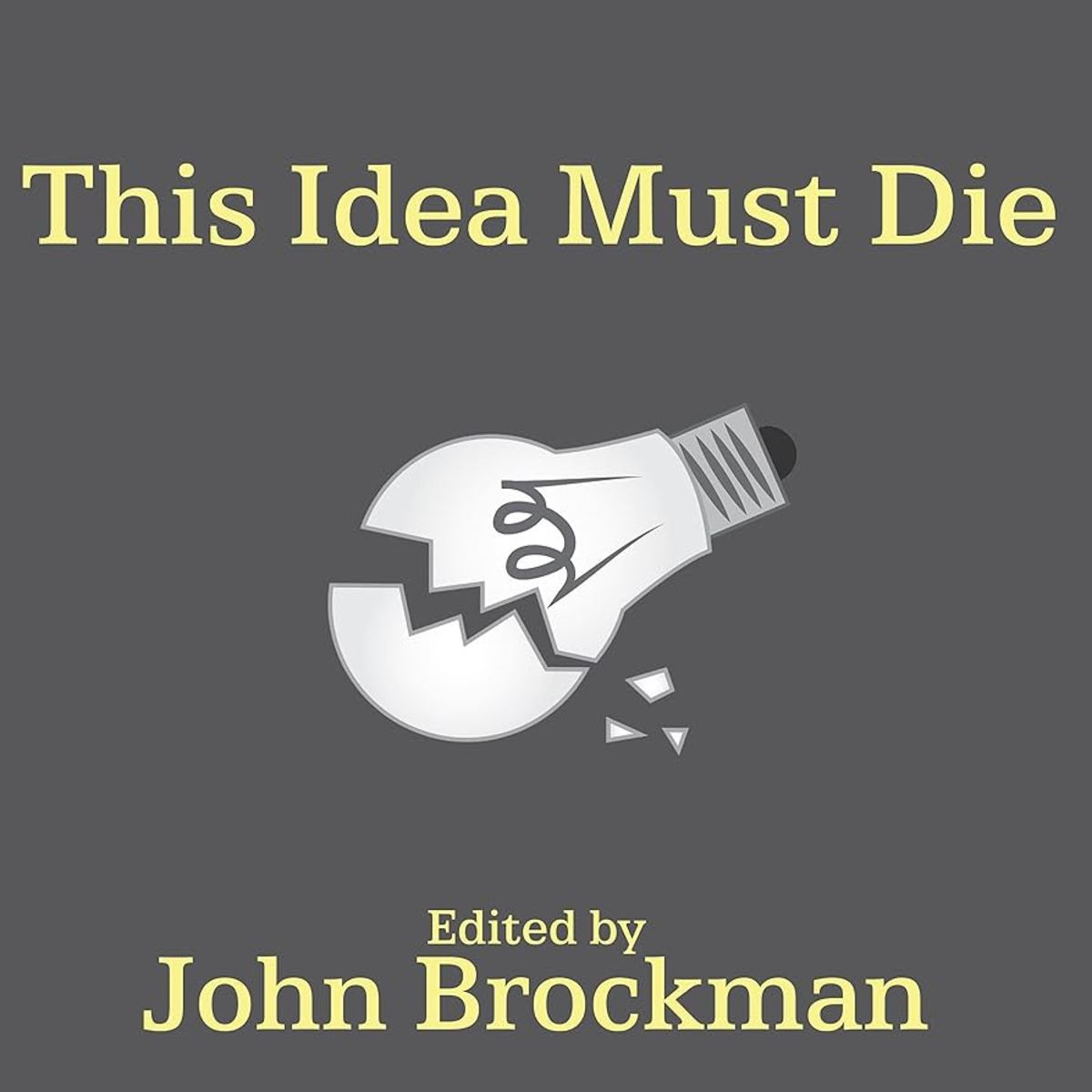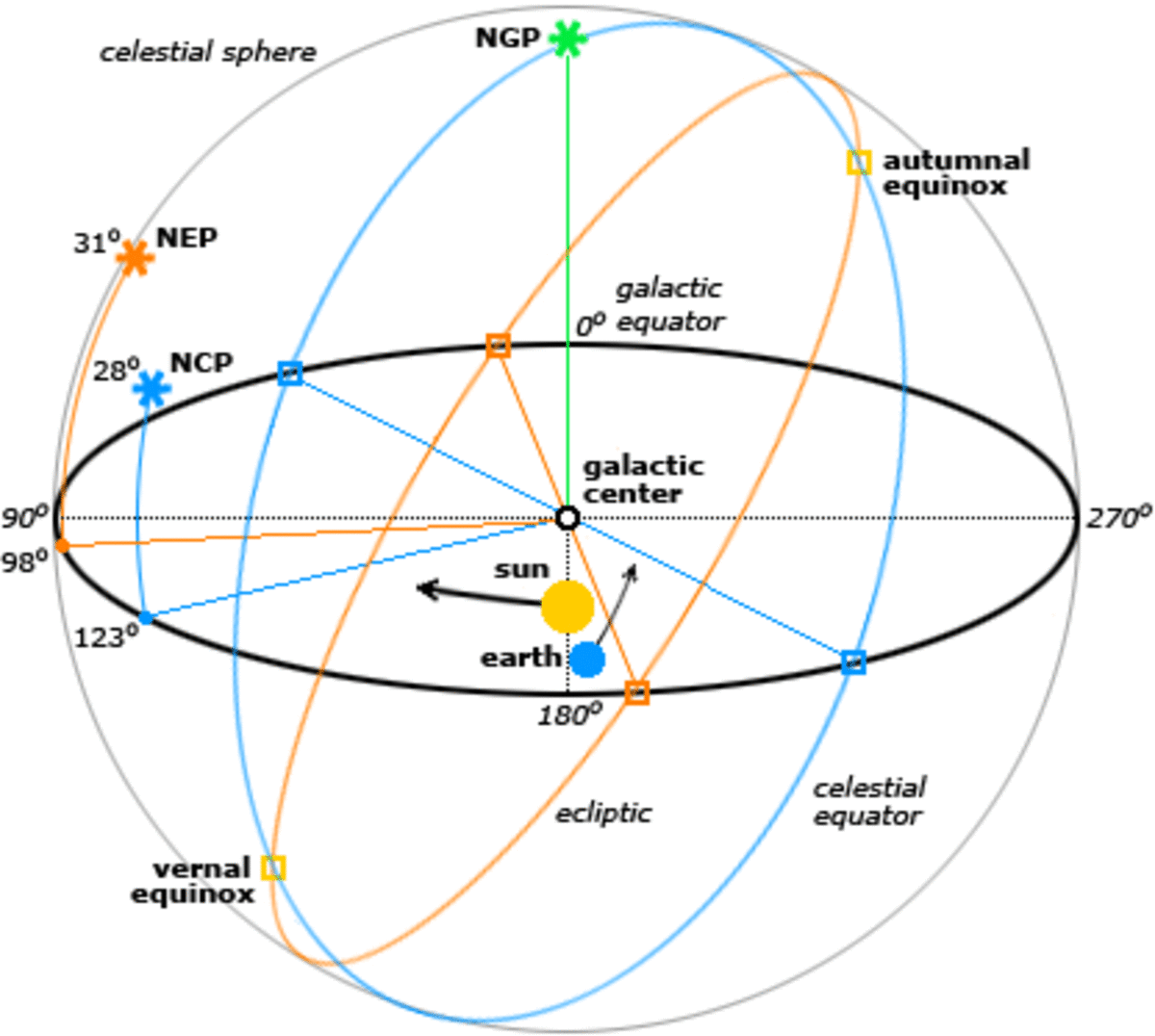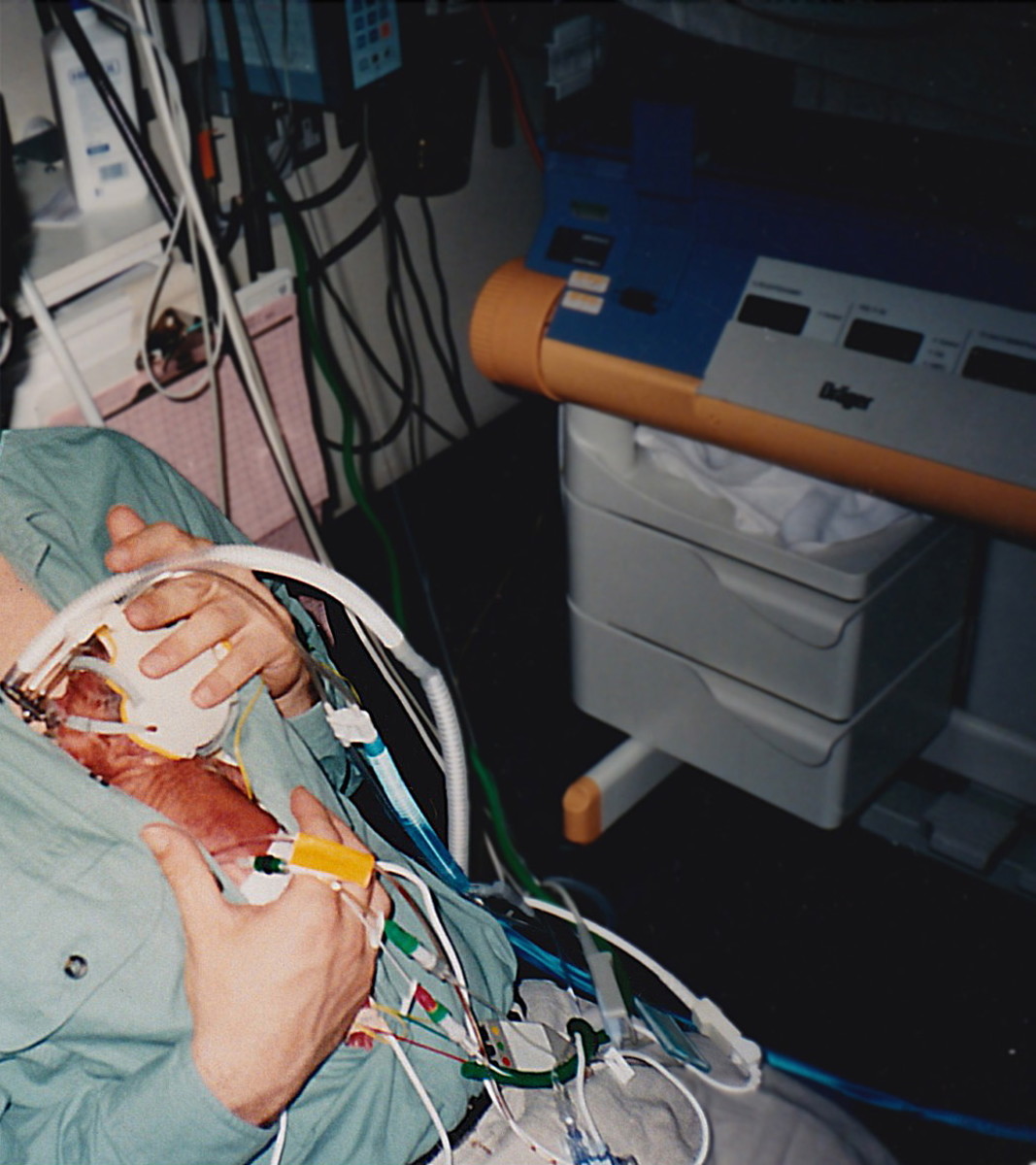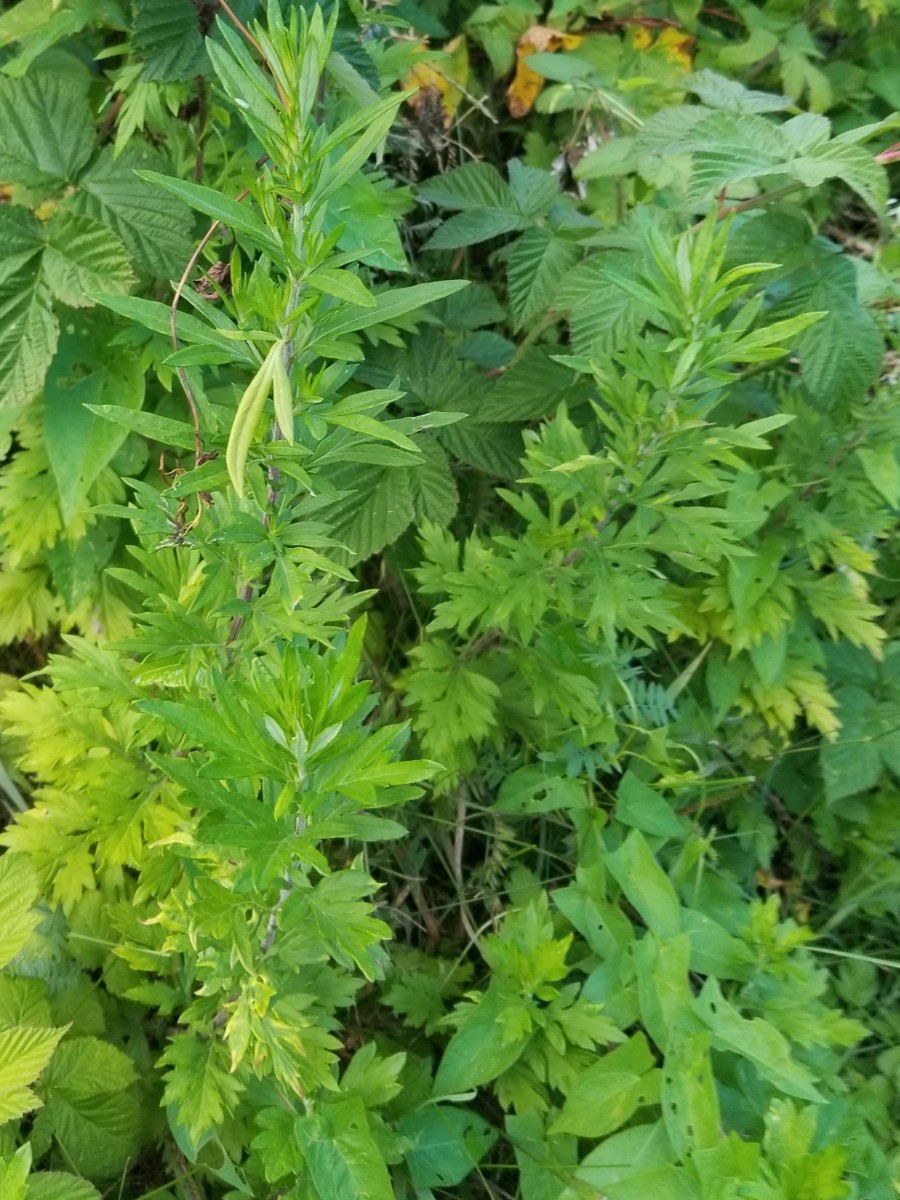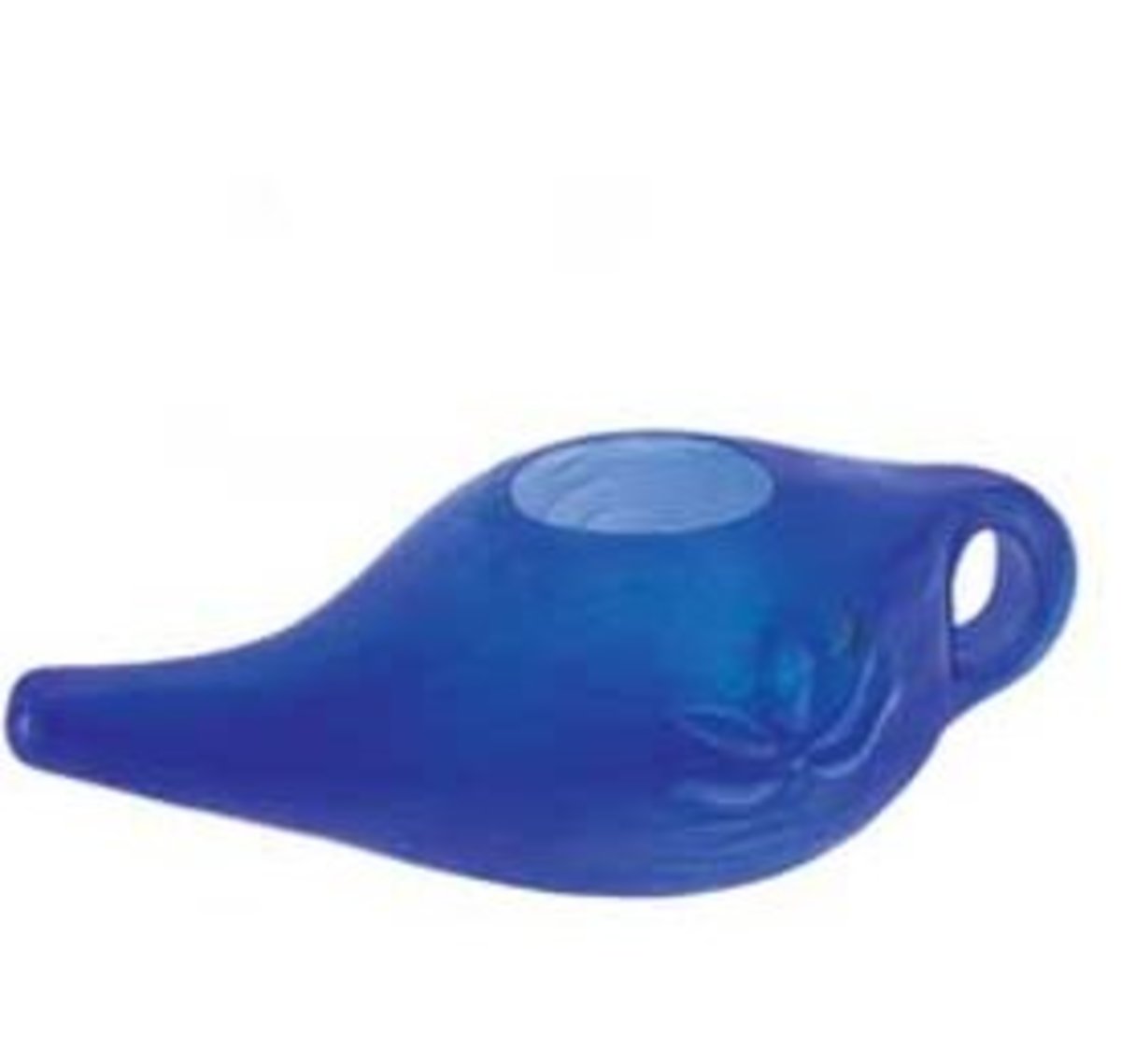"Anecdotes Don't Equal Data" - Sez Who??
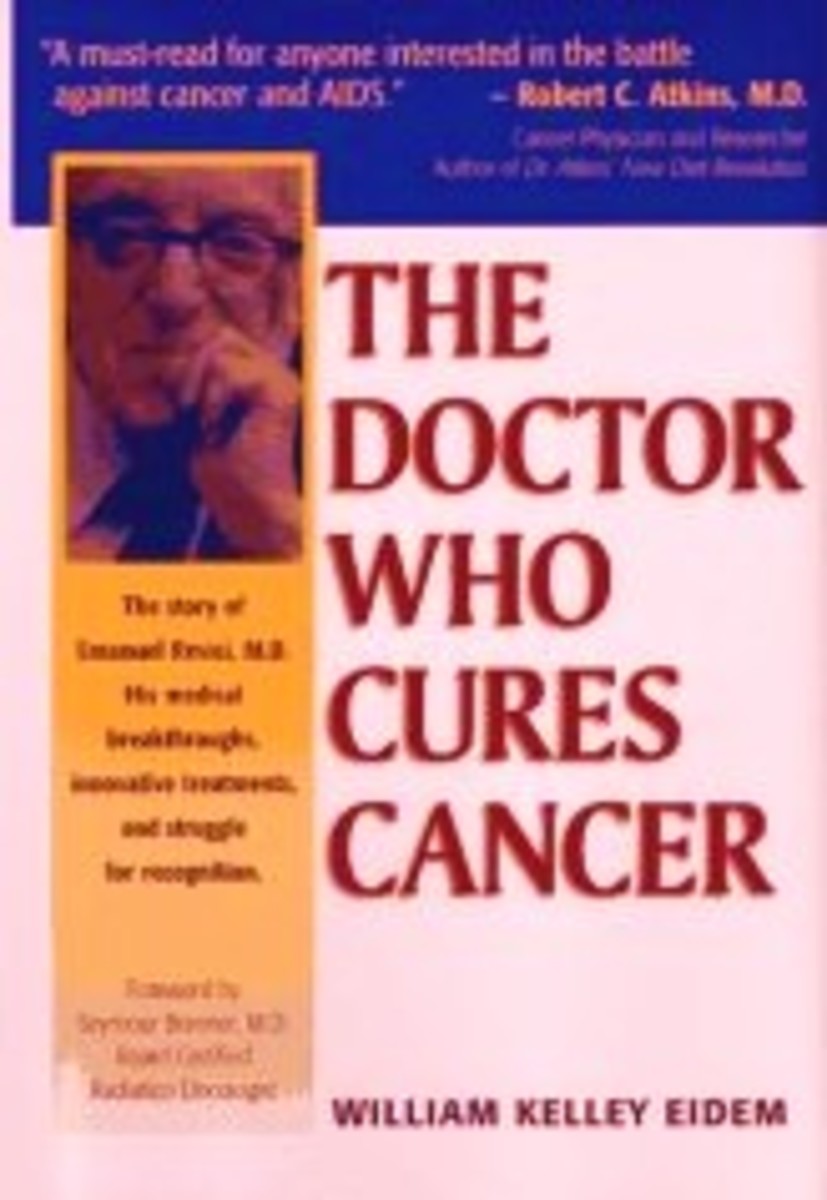
Anecdotes vs. Data
The headline that asks if anecdotes equal data or not might appear to be a trivial question of little consequence. But I promise you this question is THE most important issue for medical science today as well as to you reading this. The question is more important than any single disease whether it be cancer, Alzheimer's, autism or any other disease.
This question is especially posed to any scientist who is reading this who has also accepted the absurd notion that anecdotal accounts don't equal data...
By the time you are finished here, you will realize that the statement that is believed as "received wisdom" these days is nothing more than a 3rd or 4th generation 'old scientist's tale' that has almost zero basis in fact.
THE HOT STOVE TEST: Gathering the data
The first time you touched a hot stove it was a mere anecdotal event. You did not do a scientific study on the possibility whether it hurts your finger to touch a hot stove . Nor are there any peer review published data on this phenomena. Did you learn from burning your finger, or do you continue to burn yourself?
That's odd. You had just one or maybe two tiny bits of evidence. But you were able to draw a valid conclusion without the assistance of the New England Journal of Medicine or the Journal of the American Medical Association. You might have made your finding when you were just three or four years old.
But even at that young age, you applied your own scientific method and concluded rightly not to touch the stove again.
It's safe to say, you've drawn many other equally valid conclusions in your life. For instance, you might have discovered that not washing the dishes results in the dishes piling up in the sink.
If you've ever run out of gas in your car, and it came to a stop in a very inconvenient place, you've discovered - in a memorable way - that your car needs gas to operate. Yet is was a mere anecdote.
It's time to retire the silly canard that anecdotes don't equal data.
THE GREATEST SCIENTISTS RELY ON ANECDOTAL EVIDENCE!
Likewise, it is a hallmark of the mediocre scientist to ignore a good anecdotal account. Don't be one of those guys.
The great scientists, the famous ones, almost all relied on an anecdote to make their discoveries, great or small. For example, Alexander Fleming noticed no mold growing in one of just one of his vials.
""When I woke up just after dawn on September 28, 1928, I certainly didn't plan to revolutionise all medicine by discovering the world's first antibiotic, or bacteria killer," Fleming would later say, "But I suppose that was exactly what I did."
A single vial had been contaminated with a mold. The mold killed the bacterial infection that had been in the vial previously. His other vials were not 'contaminated' with a mold. But they did contain the bacteria he was attempting to grow, and those bacteria were growing in an uninterrupted fashion.
Ignaz Semmelweis is another famous scientist and medical doctor you probably know well. He discovered it is critically important for doctors to wash their hands before delivering babies, especially if that doctor had been working with a cadaver earlier in the day.
One associate of Semmelweis was accidentally jabbed by a scalpel and came down with a fatal infection. Closer inspection revealed that the illness resembled the infections that were killing birth mothers. The scalpel had been exposed to contamination.
Semmelweis proposed hand washing. It took many years for his peers to accept his discovery, but today everyone knows he was correct, just as he knew he was correct from the first. The reluctance to accept Semmelweis's anecdotal account meant many deaths to many more pregnant mothers.
Just like Fleming's major discovery, Semmelweis's huge discovery came from one anecdotal account.
One infection...one vial...one hot stove...it looks like a pattern is beginning to emerge.
NOBEL PRIZES COME FROM GIVING HIGH PRIORITY TO ANECDOTAL ACCOUNTS
Robert Furchgott was awarded a Nobel Prize because he paid attention to an anecdotal event. He was working with blood vessels from a rabbit. In preparation for a test he was about to conduct, Furchgott scraped off a thin layer of tissue he thought he didn't need from the blood vessel and noticed that the blood vessel contracted. He never did discover what made the blood vessel contract. He merely identified it as endothelium-derived relaxing factor (EDRF.)
That's not DATA, right! Tell that to the Nobel Prize Committee.
Let this be a lesson to any scientist who is reading this: if you want to be a scientist who NEVER discovers anything, ignore the anecdotes.
LET'S GO ONE STEP FURTHER PAST ANECDOTES
Today, every physician believes citrus prevents and cures the deadly scourge known as scurvy. Did it take one or even 100 double-blind crossover studies to make this discovery?
Not quite. Dr. James Lind wrote A Treatise on the Scurvy in 1753 based on two sailors who greatly improved from six days of eating oranges and lemons.
To be fair, his work was only picked up by a few naval officers at first until 51 years later Rear Admiral Alan Gardner provided a very small amount of lemon juice in grog for the men on his ship for a very long trip to India. His sailors experienced almost no evidence of any scurvy despite the tiny amount of daily lemon drink they were given each day
Despite initial shortages of citrus in the UK, all British naval ships were provided with adequate amounts by 1800 or shortly thereafter.
It is for this reason that the British - rather than scientists - continued to rule the seas for the next 100 years or more. ;-)
THE DEADLY DANGER IN BELIEVING OR ACCEPTING THE NOTION "ANECDOTAL EVIDENCE DOESN'T EQUAL DATA" AS A FACT
On a more serious note, consider how scurvy would be treated today if the cure had not been discovered 260 years ago. We need look no further than how we treat cancer. You can be sure, that scurvy patients would be subjected to chemo and radiation!
And they would die.
Are we are doing doing the same thing now with cancer patients? Are cancer patients being brutalized because every scientist is taught to ignore their own best instincts? The answer is, sad to say, yes. The cures for cancer have been overlooked because for decades doctors and scientists have been taught to discount the anecdotal. The anecdotal is frowned up. It's considered amateurish and not worthy in scientific circles.
As a result, if the cure for scurvy had not been discovered, anyone trying to inform the public that their child's scurvy was made better when they ate a couple fresh oranges, would be derided, laughed at, or even ignored because, "Anecdotal evidence doesn't equal data!"
It's time to reopen our eyes.
This article might seem to be devoted to debunking a trivial statement. But this debunking is anything of the sort, as we can see from the anecdotal evidence. Yet, in the halls of science every single scientist lives by the blinkered notion that anecdotal observations don't equal data. The lie is spouted by practically every professor to his students. This has gone on for far too long.
For at least 70 years and probably back to the Flexner Report from nearly 100 years ago, most scientists have closed their eyes to the very things that would make them famous and help improve our collective health. Scientists have been taught to ignore. They have been shamed for trying to bring attention to anything categorized as anecdotal.
Believing anecdotes don't count a great deal is actually quite injurious to discovery.
As you've seen, anecdotal evidence has saved us all from burning ourselves repeatedly on stoves or with matches, from running out of gas on the highway, and has saved many millions of pregnant women from dying within days of giving birth, and saved probably millions of people from getting scurvy.
It is imperative that this incorrect belief be tossed out and never repeated again. Each and every scientist needs to be disabused of the idea that anecdotal evidence needs to be dismissed out of hand. We should be doing just the opposite, in fact.
Seek out the anecdotal! That is where the real treasures are.
PS. Now - if you are a scientist - go back to the dumb teachers - who most likely have never discovered anything - and who also taught you that canard, and tell him or her what I said. You could send them a link to his article. "Anecdotes don't equal data" is a foolish bromide that has cost us dearly and will continue to cost those who believe it.
Or better yet, share with us here the examples your professors used to put forth their argument that anecdotes don't equal data.
Your input is welcome here.as well. Please leave your comments, agreements or criticisms. Maybe we can fight about it. :-) Try not to call me a dummy because it might hurt my late mother's feelings.
